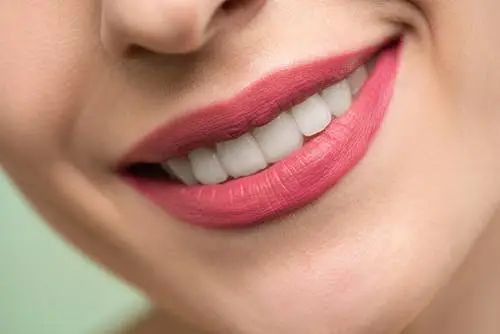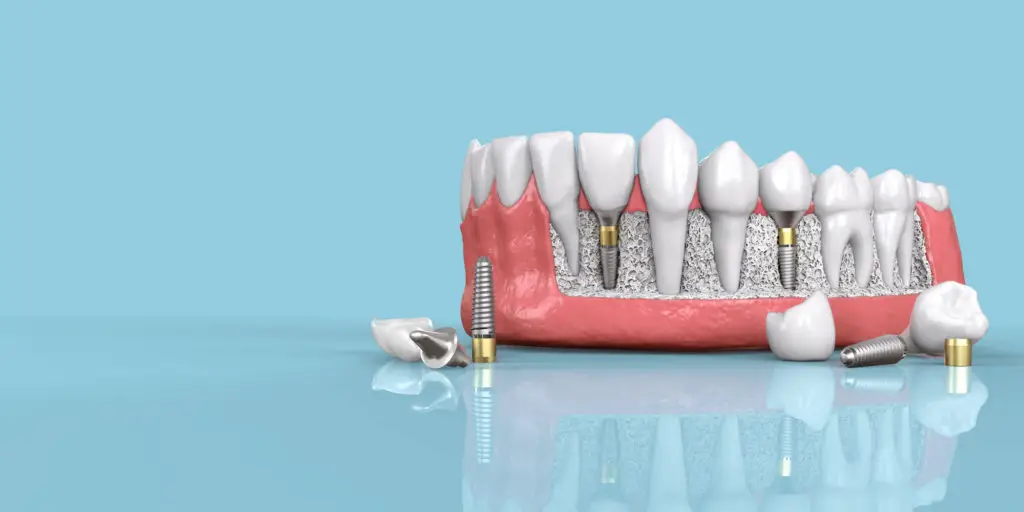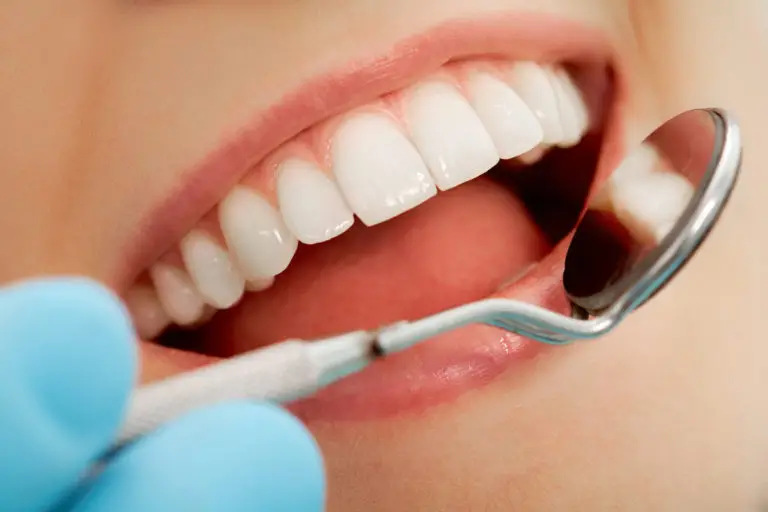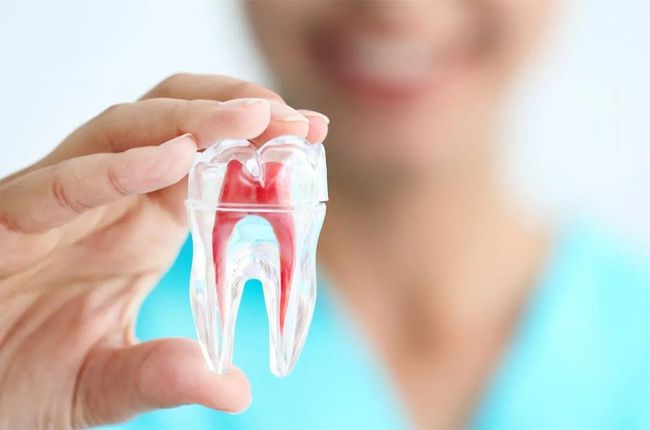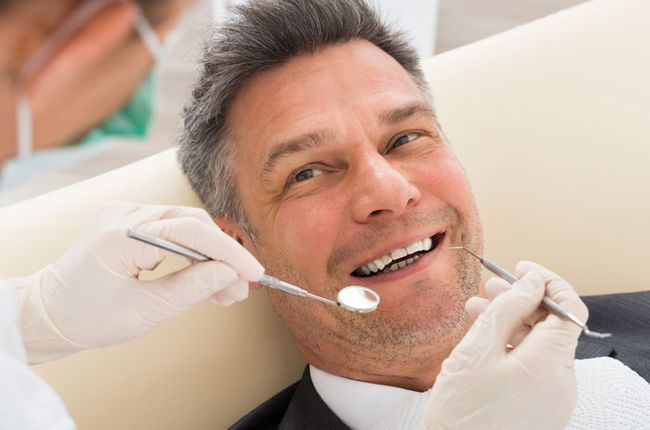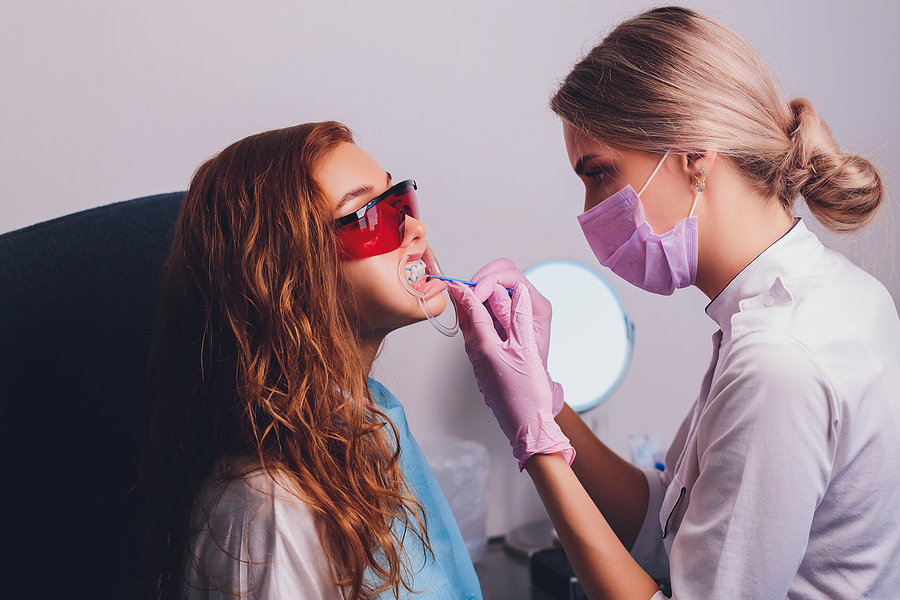What Are The Effects of Chewing Tobacco On Teeth?
Chewing tobacco, also known as smokeless tobacco, is a type of tobacco that can be chewed or sucked. It comes in several forms, including leaves, plugs, or twists. Chewing tobacco contains at least 28 chemicals that can cause cancer in humans. Chewing tobacco is highly addictive. It causes chemical changes in the brain that make it harder to quit. It also increases the body’s risk of oral cancer, gum disease, tooth decay, and tooth loss.
What Is Chewing Tobacco?
Chewing tobacco comes in two forms - loose leaf or packaged in little pouches that resemble small tea bags. Regardless of the form, chewing tobacco is filled with nicotine and other ingredients, such as sweeteners.
The act of chewing tobacco involves placing the tobacco in your mouth and moving the tobacco around with your tongue. This creates a tingling sensation in your mouth, which many users describe as similar to having a cigarette but without the same taste.
When someone uses chewing tobacco, they swallow their saliva frequently, which in turn adds even more nicotine to their system. Because there is no filter like there is in traditional cigarettes, the tar and toxins from the smoke are absorbed straight into your mouth. This can lead to many oral health problems, including gum disease, decay, and even mouth cancer.
To stop these effects from harming your smile, talk to your dentist about quitting using chewing tobacco and other tobacco products. Your dentist can help you create a plan to stop using chewing tobacco for good.
What Are The Effects of Chewing Tobacco On Teeth?
Tobacco stains your teeth
The chemicals in tobacco stick to teeth and discolor them over time. In addition, nicotine in tobacco increases plaque buildup and the acidity of the mouth, which weakens tooth enamel and causes erosion. It also raises the risk of tooth decay and gum disease. Additionally, most forms of smokeless tobacco are sweetened with sugar, which increases the risk of cavities. Smokeless tobacco also causes bad breath because it dries out the mouth. This increases the risk for periodontal disease because the tissues in the mouth become prone to infection.
Tobacco causes bad breath
Tobacco users’ breath often smells horrible. This is because of the chemicals in tobacco that cause it to smell bad in the first place. Another effect of chewing tobacco is that it tends to cause dry mouth, which in turn promotes the development of bacteria that cause bad breath. In addition, using tobacco products can lead to decreased healing time following oral surgery or other dental procedures.
Tobacco causes cancer
Chewing tobacco can bind to the surface of the tongue and promote sores, lesions, and cancer. In some cases, this leads to the need for the removal of part of the tongue.
Tobacco irritates or destroys gum tissue
Chewing tobacco is especially dangerous because it can dry out the gum tissue and cause gum recession. If the gum line is recessed, it exposes the tooth roots to bacteria, and the risk for decay is much higher. In addition, some products contain chemicals that can discolor the teeth or cause permanent staining of the enamel. The chemicals include nicotine, tar, and bergamot oils. The mouth also becomes more prone to infection because there is less protection from the gums.
In addition to damage from chewing tobacco, long-term smoking can damage the supporting structures of the mouth. This includes bone destruction, which causes a condition known as facial collapse. This is a strong indicator of premature aging in a person’s mouth. The effects of chewing tobacco are severe and long-lasting. This is why it’s important for people struggling with addiction to get help as soon as possible.
How Can I Quit Chewing Tobacco?
If you are a regular user of smokeless tobacco products, you may find it difficult to quit using them. However, it’s important to know that even if you’ve started smoking at a young age, quitting at any age can be beneficial for your oral health. Here are a few tips that can help you kick the habit for good:
- First, make a commitment to yourself to quit. Write down your reasons for quitting and read it often to remind yourself why you’re giving up this dangerous habit.
- Replace your cigarette with something else. Chewing sugarless gum can help alleviate some of the oral side effects of nicotine withdrawal. Also try crunchy vegetables like celery or carrots, and sip water throughout the day to help flush your mouth out as well.
- Avoid triggers that make it difficult for you to stay smoke-free. For instance, if you know that you tend to smoke when drinking alcohol or when you’re stressed, try to avoid these situations as much as possible.
- Seek support from your friends and family when you are struggling with cravings. The more people you have on your side supporting you in your journey to better health, the more likely you are to succeed.
- If you crave a tobacco during the day, keep sugar-free mints or lemon drops on hand to keep your mouth feeling fresh and clean.
Remember that taking small steps towards your goal every day will help you reach it faster. Don’t put too much pressure on yourself to reach the end result immediately; instead, focus on making gradual changes each day that will ultimately lead to you being tobacco-free.
By following the above steps, you’ll be able to give up chewing tobacco in no time! If you have any questions or want to learn more about how you can successfully quit smoking, please contact our office, and we’ll be happy to chat with you further.
Office Hours
MON10:00 am - 6:30 pm
TUE8:00 am-12:00 pm, 1:00 pm-5:00 pm
WED10:00 am - 6:30 pm
THU8:00 am-12:00 pm, 1:00 pm-5:00 pm
FRI8:00 am - 2:00 pm
SAT - SUNClosed

